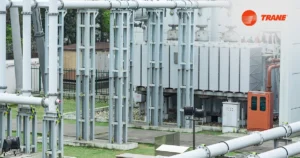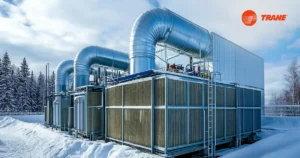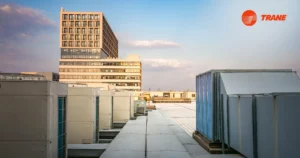Efficient temperature control is the backbone of industries that rely on perishable goods, pharmaceuticals, and sensitive raw materials. For businesses operating across diverse climates, from hot and humid regions to colder markets, reliable cold storage rental solutions provide flexibility without the burden of heavy infrastructure investments. Whether managing seasonal demand or scaling for unexpected surges, businesses need adaptable systems that ensure product integrity and compliance.
The Rising Need for Scalable Temperature Control
Industries worldwide are grappling with evolving consumer demands and increasingly strict regulatory frameworks. Food supply chains, for instance, must maintain freshness during long-haul transportation and cross-border trade. Pharmaceuticals require precise temperature settings to preserve efficacy, while chemical manufacturers often need controlled conditions to store reactive materials safely. Traditional fixed cold rooms can limit mobility and scalability, creating operational bottlenecks during peak seasons or geographic expansion.
Portable Cold Storage as a Flexible Alternative
To overcome these challenges, companies are turning to Portable Cold Storage solutions that combine mobility with advanced temperature regulation. Unlike permanent facilities, these units can be deployed at warehouses, ports, or remote locations, making them ideal for businesses seeking rapid expansion without heavy capital outlay. For instance, food distributors in Asia-Pacific often leverage portable systems during harvest periods to handle sudden influxes of produce, ensuring freshness before goods hit the market. Similarly, pharmaceutical firms use these units to manage vaccine storage during nationwide immunization drives.
Energy Efficiency and Sustainability Benefits
Modern portable units are not only convenient but also energy-efficient, helping companies reduce operational costs and environmental impact. Advanced insulation materials, inverter-driven compressors, and smart monitoring systems optimize energy consumption while maintaining precise temperatures. This level of efficiency is crucial in regions where electricity costs are high or sustainability regulations are tightening. Businesses adopting these solutions often report significant reductions in both energy expenditure and carbon footprint—critical differentiators in today’s eco-conscious markets.
Applications Across Key Industries
The adaptability of cold storage solutions has transformed several sectors:
- Food and Beverage: Seasonal peaks, international exports, and e-commerce-driven grocery demand require agile systems to preserve freshness and safety.
- Healthcare and Pharmaceuticals: From biologics to vaccines, maintaining cold chain integrity is essential for compliance and patient safety.
- Agriculture: Farmers and cooperatives use mobile units during harvest to prevent spoilage and reduce post-harvest losses.
- Hospitality and Events: Large-scale events, from global summits to sports tournaments, often rely on temporary cold storage to manage catering needs.
These examples illustrate how temporary systems support operational resilience, reducing risks associated with fluctuating demand and regulatory compliance.
The Business Advantage of Temporary Solutions
Beyond technical performance, flexible storage options provide financial advantages. Companies can avoid large capital expenditures, opting for short- or long-term rental models that align with project timelines. This approach also mitigates maintenance liabilities, as providers handle servicing and performance checks. Moreover, businesses benefit from faster deployment—critical when responding to market disruptions or emergency requirements such as disaster relief or supply chain interruptions.
Conclusion
As global trade expands and consumer expectations rise, the demand for efficient and scalable temperature-controlled storage is set to grow exponentially. Partnering with a trusted provider ensures businesses receive reliable systems tailored to specific operational needs. By leveraging advanced technologies and flexible rental models, companies can maintain supply chain continuity and protect product integrity. Whether addressing seasonal peaks, special projects, or emergency needs, Refrigerated Containers deliver a practical solution for modern enterprises seeking agility and compliance in a competitive market.




